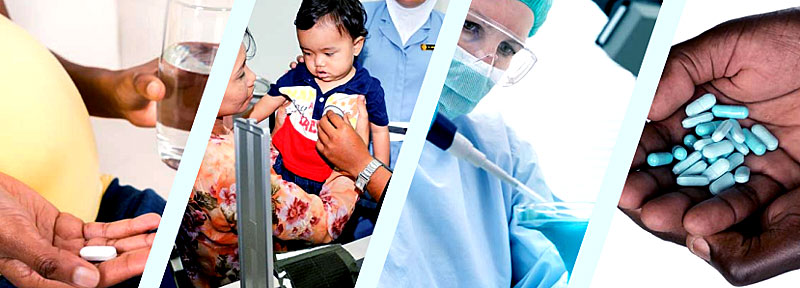The International Treatment Preparedness Coalition (ITPC) welcomes, with some strong reservations, the report, from the UN Secretary-General’s High Level Panel on Access to Medicines. The Panel was created in late 2015 to ‘review and assess proposals and recommend solutions for remedying the policy incoherence between the justifiable rights of inventors, international human rights law, trade rules and public health in the context of health technologies’.
Here are ITPC’s initial reflections on the Report “Promoting Innovation and Access to Health Technologies”. With its partner’s working on intellectual property and access to medicines, ITPC will conduct a deeper analysis of the report in the coming weeks.
Report Endorses Full Use of TRIPS Flexibilities
In the section on intellectual property rights, ITPC supports the Panel’s recommendations that countries implement strict criteria for awarding patents, review current laws and frameworks and make full use of the Agreement on Trade-Related Aspects of Intellectual Property Rights (TRIPS) flexibilities to protect public health. This report will be an important reference document and advocacy tool for communities, as it successfully describes the policy incoherence between the rights of inventors, international human rights law, trade rules and public health.
However, ITPC is disappointed that voluntary mechanisms led by industry have been considered as a first option, given they are not sustainable, they create new monopolies and barriers to access; and exclude several middle-income countries in their geographical coverage.
Proposals Rejected and Countries Neglected
Proposals calling for a more systematic use of compulsory licenses, or exclusion from patentability for essential medicines, have been rejected by the Panel. More generally, middle-income countries where patent barriers are exacerbated, have been neglected.
While the report describes the tactics used by developed nations and companies to undermine the use of the TRIPS flexibilities, including through Free Trade agreements, there are no recommendations to address this. ITPC believes that governments and companies that make such threats should be called out and face penalties or sanctions. ITPC calls for the revision of existing free trade agreements to ensure they don’t include provisions that undermine access to medicines.
Panel’s Recommendations Very Conservative
While highlighting throughout the report the ways in which the TRIPS framework fails to protect access to medicines, the Panel’s recommendations remain very conservative. ITPC is disappointed that unlike the Global Commission on HIV and the Law, the report doesn’t call for a discussion on a new and innovative intellectual property regime for pharmaceutical products.
Finally, the report fails to recognize and support the range of critical legal initiatives carried out by civil society at national level. Such groups have successfully advocated for the use of TRIPS flexibilities and have effectively challenged unmerited patents; which led in several cases to increased access to medicines.
ITPC supports some panel members, including Shiba Phurailatpam from Thailand, who individually or collectively expressed their reservations over some sections and recommendations of the report (in memos annexed to the report). We share these concerns.
Note:
The UN High Level Panel on Access to Medicines received up to 182 submissions and organized two Hearings and Global Dialogues of various experts including representatives of communities. The full report, “Promoting Innovation and Access to Health Technologies” can be found on the UNHLP website.
